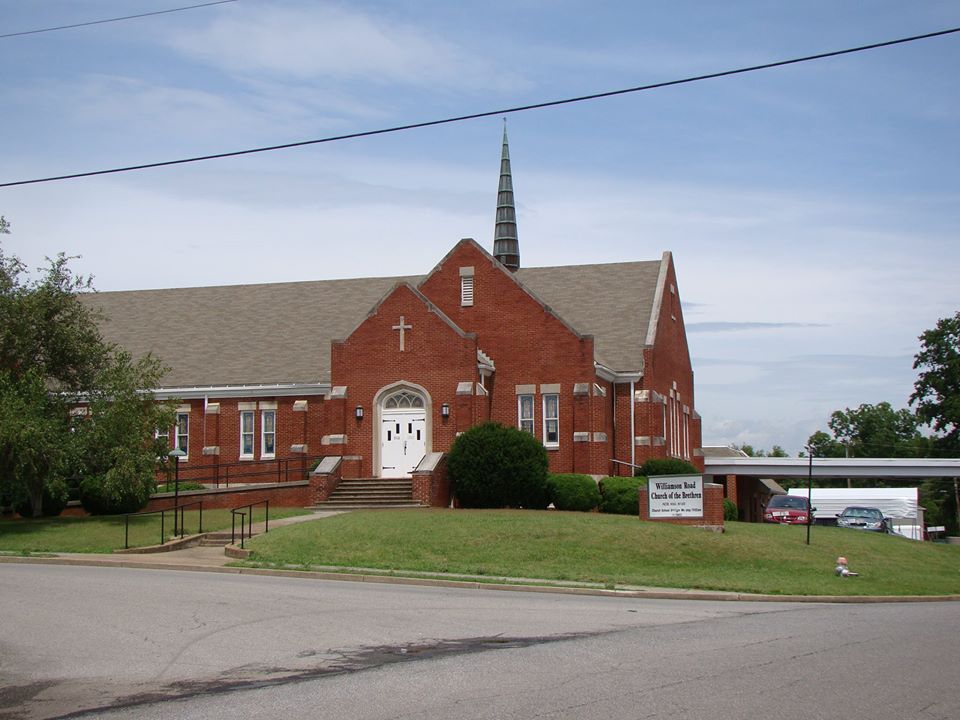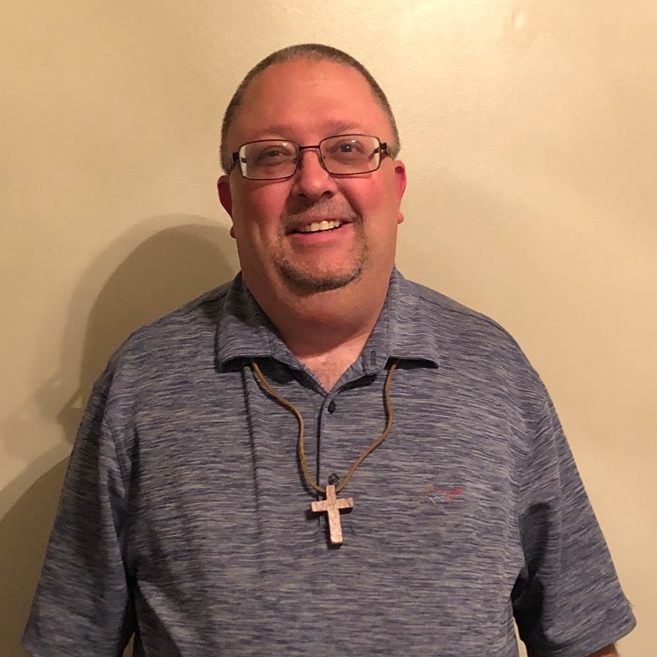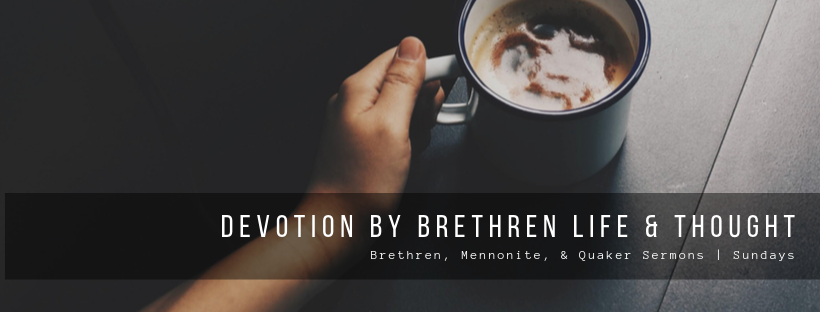A Reaction to the Article: “Desegregating the Body of Christ: West Charleston Church of the Brethren and the Urgency of Multicultural Ministry” by Caleb Kragt in the Fall/Winter 2018-2019 Issue

As I read this article, I have a sense of hope for the ministry, of which I became a part of nearly three years ago this upcoming January of 2020. I am the pastor of the Williamson Road Church of the Brethren; It is in the north/northwest area of the city of Roanoke, Virginia. I was called here with the hopes of reaching the multicultural neighborhood where the church resides. Historically this church was “one of the biggest in its day” during the 60s, 70s, and early 80s. However, it is now a shell of its former self when it comes to the size of membership and programs. The neighborhood that the church resides has changed remarkably in recent years, and it has become a multicultural area of the city. It is made up of African Americans and a large Latino community now, whereas before, it was a predominantly white middle-class neighborhood. So, the population of the city has changed, and the church does not reflect this change at this point. How are we reaching that community for Christ?
In Caleb’s article, he says the following:
The Church of the Brethren is not the only tradition that urgently needs to decide whether to desegregate our portion of the body of Christ or continue to live the sinful lies of racism or segregated communities. That opportunity is presenting itself once again for this generation, across all communities of Christ’s followers in our country. Using a binary definition that a multiracial congregation is one which no single racial group makes up more than 80% of the attendance of any service, around 7% of U.S. congregations could be considered multiracial.
In looking out upon the congregation that I serve weekly, we fit in the 80% group of a Caucasian congregation. But we have some bright spots to celebrate through our membership, we have one member who is from Mexico, and he is a naturalized citizen (married to Caucasian woman) who has been a longstanding member here for many years. We also have a professor at a local college who he and his wife are from North Korea attend some as well. Also, we have a Honduran child (in fourth grade) that has joined our choir and attends our church regularly. So, we have a small amount of diversity in our midst. But we have a long way to go before we are a Revelation 7:9 church.
However, the church has made some recent strides by housing a nonprofit to reach the Latino community called Casa Latina, which started in 2015 by a Latino member of our denomination who lived in the area but pastored another church. Casa Latina provides resources and opportunities for the Latino community in our part of Roanoke; our congregation shares in the leadership on the nonprofit’s board. The administration is living through a revitalization of their programs and reentering the city, again. Through this organization, the church housed the Mexican Consulate three times this past year, including this upcoming November. Through this nonprofit, we are (the church) slowly becoming a safe space for the Latino community. This association has helped us with inroads into the city, however, it is a prolonged process to gain trust from this community.
However, I think a paradigm shift has occurred with our walls because of the community’s response to our most recent outreach effort. We, as a church, held a “Fall Peace Day Block Party” on the International Day of Peace this past September. The church had free food and activities for the community with the presence of the local police and fire departments for a day. The event provided a connection to the neighborhood, and our church members came to support it. A gentleman from Nicaragua in the community brought his brother and his daughter to the event at our church. He went as far as to bring his table and chairs to the party and stayed for the day. He openly expresses his un-documented status, and the church community welcomed them both with open arms, so much that he came to the church the following Sunday after the event. Due to his work in construction, he attends when he is able.
This story illustrates a quote from the article: “North American Christians should learn to shift our expectations and imagination of the global church and our immigrant neighbors and expect that a foreigner moving to town is quite possibly a sibling in the faith.” We found a “brother” in our faith, and he is challenging us in our understanding of our faith.
Kragt also says:
The opportunities that your congregation will encounter will be as specific and possibly as unpredictable as an English-Spanish-Swahili worship service in rural Ohio. But the degree to which our experience reflects the truth of our national demographic trends suggests that a similar opportunity is almost certainly already present in the stories- told or untold- of the boundary-crossing relationships of members of congregations across our changing country. As you prayerfully consider the opportunities around you in whatever context you find yourself, I pray that the readers of this article will bring to their congregations a final tension or dynamic necessary for multicultural community: honest grace-seeking transformation.
God has allowed us to start a new process with our walls. It may be a slower process for us, but we are seeking the Holy Spirit within our context. The church realizes it needs to be a part of the community. We want to help our church become a community building for the people in this area of Roanoke city and a beacon for Christ to the people within the community the church serves. Thanks for the renewing of hope found within these words!

Harvey S. Leddy is the pastor of Williamson Road Church of the Brethren in Roanoke, Virginia. He is a 2016 graduate of Bethany Theological Seminary. He is married to wife, Amanda, for twenty-two years, and has four children, Rebecca married to husband, Dominique; Rachel, Stephen, and Hannah.


